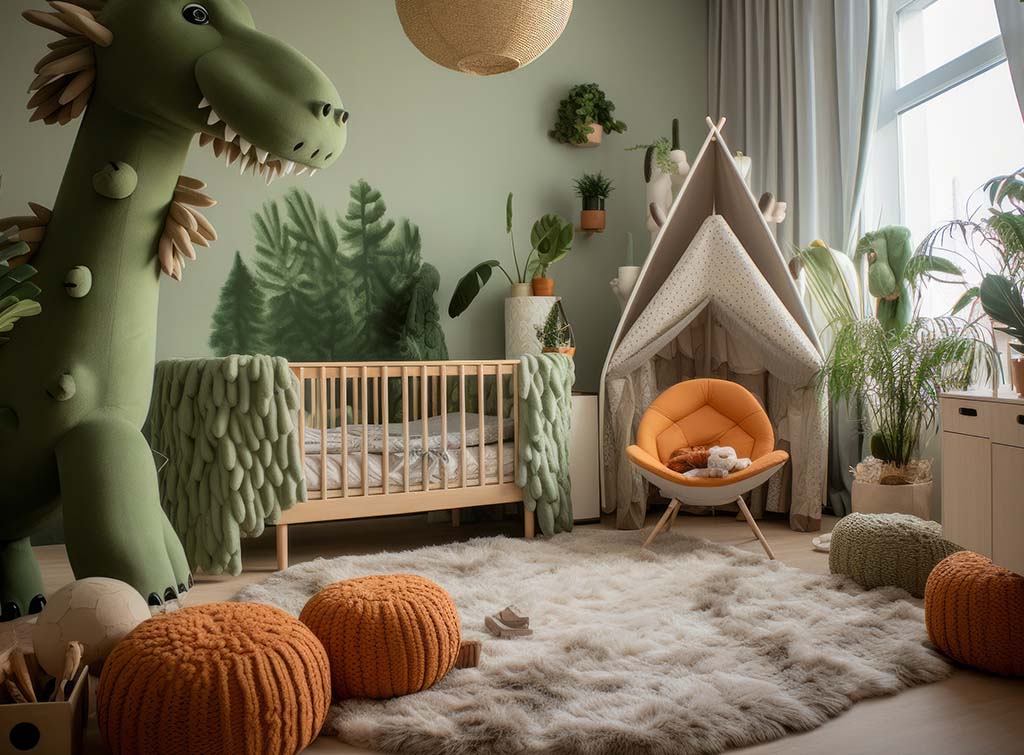
Eco-Friendly Solutions: Sustainable Home Repairs

Embracing Eco-Friendly Living with Sustainable Home Repairs
Living a sustainable lifestyle extends beyond daily choices to include the way we care for and maintain our homes. In this article, we explore the concept of sustainable home repairs, highlighting the benefits of eco-friendly solutions and the positive impact they can have on both our living spaces and the environment.
Choosing Sustainable Materials for Repairs
The foundation of sustainable home repairs lies in the selection of eco-friendly materials. Opting for materials with low environmental impact, such as recycled or reclaimed wood, bamboo, or recycled metal, contributes to a more sustainable approach. These materials often require fewer resources to produce and help reduce the demand for new raw materials.
Prioritizing Energy Efficiency in Repairs
Energy-efficient repairs play a crucial role in sustainable home maintenance. Addressing issues such as insulation, windows, and doors with a focus on energy conservation contributes to a more environmentally friendly home. Investing in repairs that improve energy efficiency not only reduces utility bills but also lessens the overall carbon footprint of the household.
Implementing Water-Saving Solutions
Water conservation is a key aspect of sustainable home repairs, especially in regions facing water scarcity. Repairing or upgrading plumbing fixtures, fixing leaks promptly, and installing water-saving appliances contribute to a more water-efficient home. These repairs not only save water but also help lower utility costs over time.
Promoting Indoor Air Quality with Green Repairs
Sustainable home repairs extend to promoting better indoor air quality. Choosing low-VOC (volatile organic compound) paints, sealants, and adhesives during repairs can significantly reduce indoor air pollution. Opting for eco-friendly flooring materials, such as cork or bamboo, further enhances the indoor air quality of the home.
Embracing DIY and Upcycling Projects
A sustainable approach to home repairs often involves do-it-yourself (DIY) projects and upcycling. Repairing or repurposing furniture, fixtures, or materials instead of discarding them reduces waste and supports a circular economy. DIY repairs not only minimize the environmental impact but also provide a sense of accomplishment for homeowners.
Investing in Long-Term Durability
Sustainable home repairs prioritize long-term durability and resilience. Opting for repairs that extend the lifespan of components, such as roof repairs, foundation maintenance, or exterior siding repairs, contributes to a more sustainable home. By reducing the frequency of replacements, these repairs minimize the environmental impact associated with manufacturing and disposal.
Exploring Renewable Energy Solutions
In the realm of sustainable home repairs, exploring renewable energy solutions is a transformative step. Installing solar panels, solar water heaters, or wind turbines as part of home repairs can significantly reduce reliance on conventional energy sources. This shift towards renewable energy not only benefits the environment but also offers potential long-term cost savings.
Considering Eco-Friendly Pest Management
Pest control is a common aspect of home maintenance, and sustainable practices can be applied in this area as well. Opting for eco-friendly pest management solutions, such as natural repellents or integrated pest management techniques, minimizes the use of harmful chemicals. This approach safeguards both the home environment and the surrounding ecosystem.
Engaging





